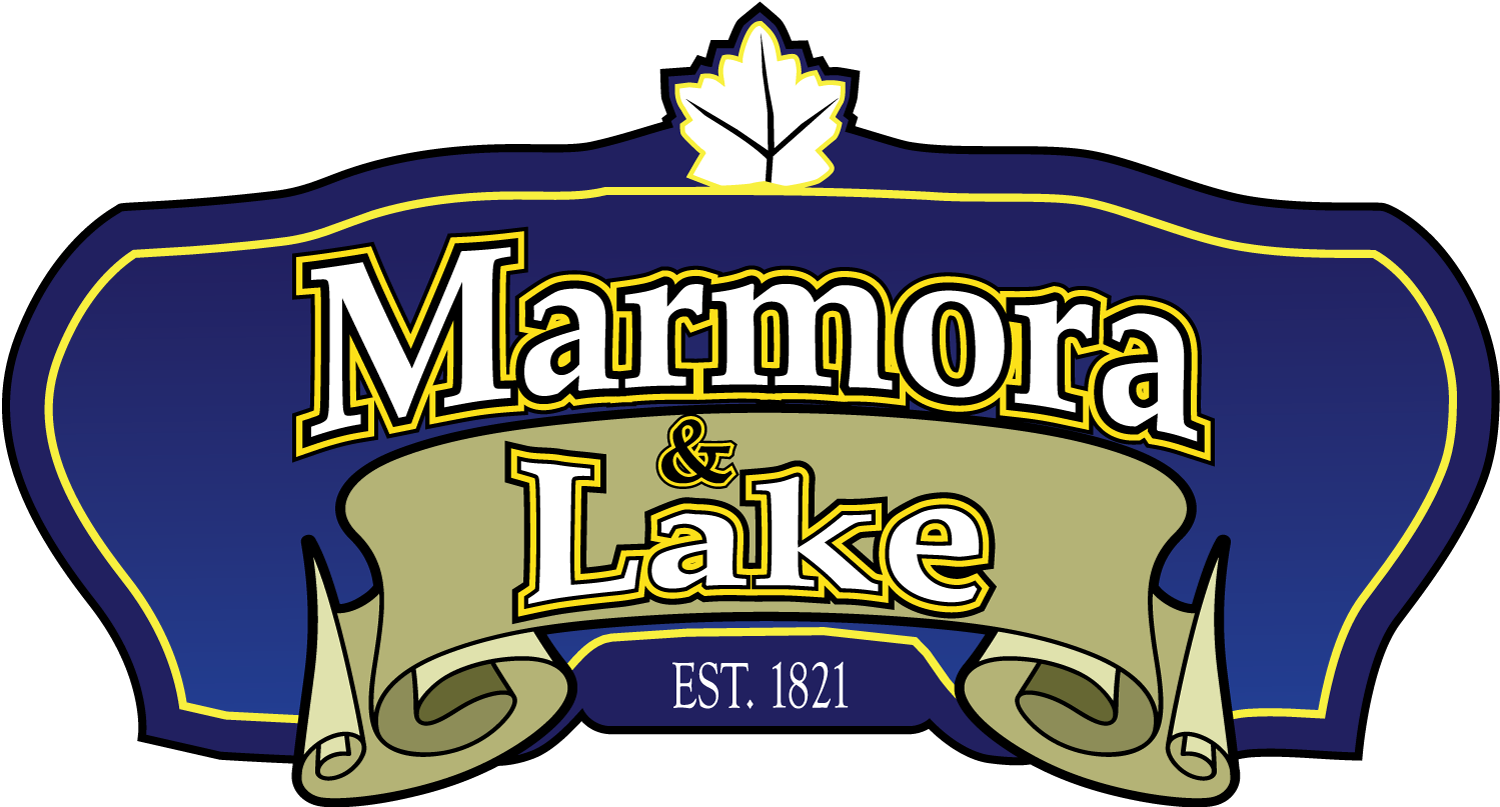Participating in Municipal Decision Making
Municipalities make decisions every day that affect their citizens. Citizens expect their municipalities to make decisions that are in the best interest of their communities.
For example, your municipality makes decisions on:
Property taxation
Municipal services
Land development/zoning
Infrastructure (roads, streets, bridges, etc.)
Citizens have an important role in the municipal decision-making process and you can participate in different ways. The Council Meeting is where Council debates the issues and makes decisions.
Council Meetings
Municipal Council meetings are open to the public to observe the decision-making process. The open debate provides an opportunity for the public to hear all sides of the municipal issues and learn Council's rationale behind their decisions. Marmora and Lake Council meetings are streamed online, on the Municipal YouTube channel.
The Agenda
Municipalities must prepare a formal Agenda for each Council meeting. The Agenda is a public document that contains all the information that will be debated by Council at the next meeting. The Agenda also ensures transparency and accountability to the populace so that all interested parties can attend the meeting to observe the decision-making process. Agendas can be found on the municipal website, here.
The Minutes
The Minutes are the official record of Council's decisions, as recorded by the Clerk, without note or comment. The resolutions made by Council should be clear and understandable in the years to come. Minutes can be found on the municipal website, here.
Participate
To have an issue brought forward to Council for consideration you need to be on the agenda. The Clerk must receive your request to be placed on the agenda, with the supporting documentation, by noon on the Wednesday prior to the Council meeting. The options available to for public participation are:
1. Speak as a Delegation (15 minutes maximum):
Individuals or groups wishing to appear as a Delegation before Council at a Regular Council Meeting shall advise the Clerk no later than 12:00 noon on the Wednesday prior to the meeting by filling out and submitting this form.
A maximum of two delegations per meeting will be permitted. Once the limit is reached, further delegation requests will be included on upcoming Regular Council agendas.
The Clerk may make a determination to defer a delegation to a subsequent meeting.
Only the subject listed on the Request for Delegation Form may be discussed.
A delegation who is under eighteen (18) years of age must provide to the Clerk written permission from the Delegation’s parent or guardian.
Delegations related to staff performance, labour relations, ongoing legal proceedings or solicitation of business will not be considered by Council.
The Clerk can omit delegations that relate to the following matters:
Matters which are not within Council’s jurisdiction;
Matters which have been referred to staff for a report, until the matter is before Council; and
Matters which are the subject of an Education and Training Session.
2. Write a Letter or Email:
If there is an issue you would like to bring to the attention of Council you can write a letter or email to the Clerk to be placed on the agenda. Please state your name, your concern, and that you would like the email or letter placed on the agenda for Council’s consideration.
3. Public Input (3 minutes maximum):
Permits anyone in attendance to speak on items on the current agenda.
Will be “received” by Council only.
Questions may not be directed to Council for debate, nor shall any items raised be debated by Council during this portion of the meeting.
Council may ask questions for clarification or pass the information on to the appropriate person for a response, if required, at the next Council meeting.
Speakers may not speak disrespectfully of any Council Member, staff member, or any other person and must not use offensive words or gestures.
Public Meetings
Municipal Councils are required to hold public meetings to obtain public input for matters that have a significant impact on citizens and property owners in the municipality (e.g., annual municipal budget, planning issues, etc.).
At a public meeting, Council will typically present the proposal that is being considered. Citizens can then share their views about the proposal and ask questions of Council.
Procedural Bylaw
Your municipality’s Procedural Bylaw establishes rules for how meetings will take place. This ensures that municipal business is undertaken in a transparent manner and citizens know how they can participate.
The Procedural Bylaw also establishes rules of conduct for the meeting. Rules of conduct apply to Council members and citizens.
Your Municipality’s Procedural Bylaw has rules about:
When citizens may register as a delegation
Time limits for speaking by Council members and citizens
Public Input Period procedures
Citizen conduct at the meeting
Consequences for improper conduct by Council members and citizens
The Municipal Office can answer any questions you may have about meeting rules.
How You Can Participate More Effectively
Learn the issues that are important in your community and understand the particular decision being made by Council
Know the date and time of the meeting
Register in advance if you intend to speak as a delegation
Bring copies of written materials
Keep your presentation within the time allowed
Remain polite and civil. Members of the public can be asked to leave meetings if their conduct is disrespectful.
Respect the views of others. There are often several perspectives on an issue. Council must make decisions that are in the best interest of the whole community.
Access to Information
Citizens need access to information on the way their municipality is operated in order to effectively participate in municipal decision-making. Some of the documents that citizens are required to have access to under legislation are:
Assessment rolls
Budgets
Financial statements
Council meeting minutes
Bylaws and resolutions of Council
Your Municipal Office can answer any questions you may have about access to information in your municipality.

